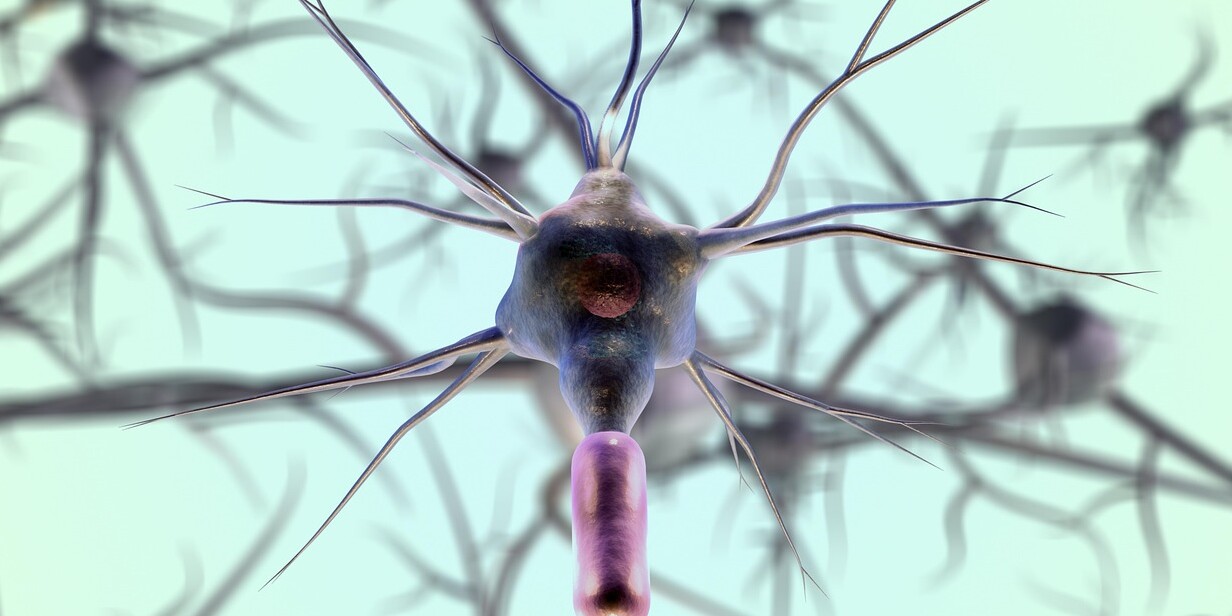
It is important for nurses to have an appreciation of the pathophysiology contributing to the development of Multiple Sclerosis (MS). This course will provide the essential concepts and information required to answer patients’ questions about what causes their disease and how the disease will affect their future life.
After completing this course, you should be better able to:
This activity has been developed to meet the educational needs of nurses who have an interest in optimising the management of people with MS.
The estimated time to complete this Course is 5 hours.
There are no fees for participating or to receive the Certificate of Completion. This Course is thus free of charge.
Funds to create the Course and to keep MS Nurse PRO operational, are provided by our Sponsors. You can find the overview of our sponsors at our homepage.
A certificate of completion will be available to download upon completion of a course.
This Certificate can be downloaded from the 'Certificates' section of 'My-Learning'. It can also be printed.
To receive your Certificate of Completion, students must:
IMPORTANT: All sections must be marked 'Complete', before you receive the certificate.
Upon successful completion of all 5 courses which make up the Foundation Programme, you will be provided with a Certificate of Accreditation. This Certificate can be downloaded from the 'Certificates' section of 'My-Learning'. It can also be printed.